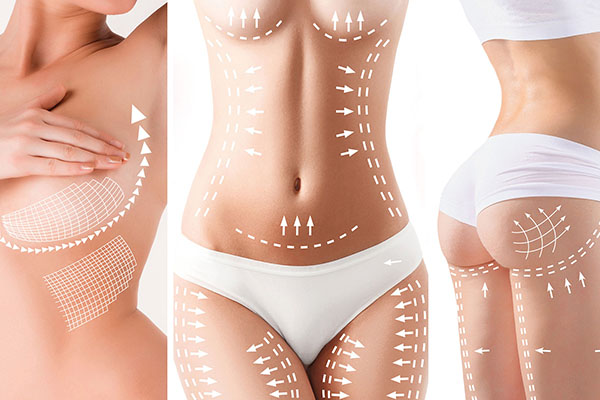Body Contouring After Weight Loss
Dramatic weight loss, whether achieved by proper nutrition and exercise, as the result of bariatric surgery, or from other forms of medical treatment, has many benefits. However, once you reach your weight loss goals, you may find that you still don’t have the fit and healthy body image you desire. Skin may be loose, sagging and in many cases, your body contours may appear irregular and disharmonious.
If you have undergone dramatic weight loss that has resulted in excess sagging skin, surgical body contouring may be right for you. In general, body contouring following major weight loss reduces excess fat and skin that has developed in multiple body areas. The result of surgery is a smoother, more attractive body contour. Body contouring after major weight loss is an important and rewarding phase of your challenge to have a healthier, more proportionate body, and can help you further enhance your body image and self-confidence.
The average payment for these surgeries may vary, it can range from $3,000 to $18,000. Please contact our Surgical Director to inquire about these fees 954-585-3800.


